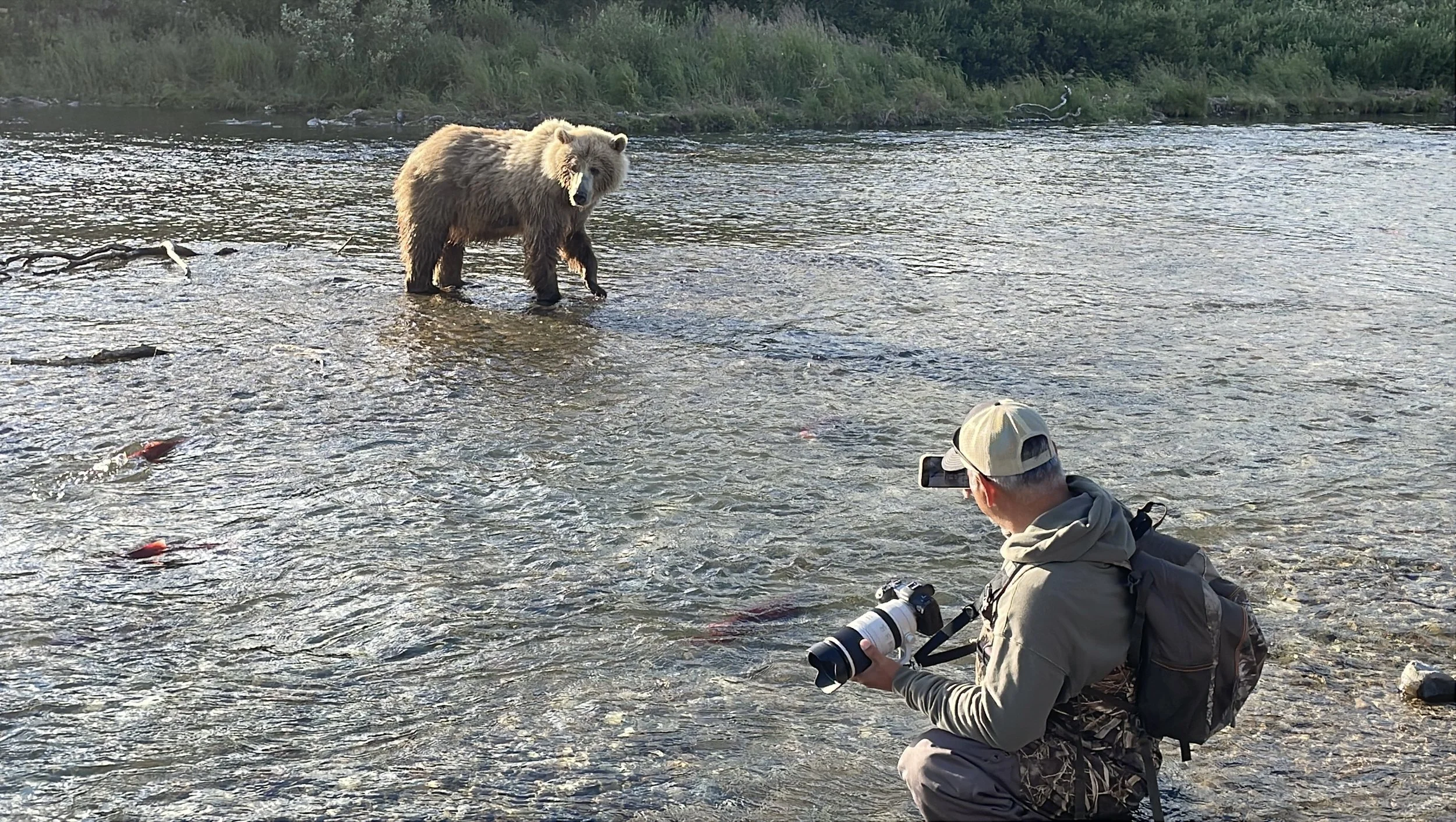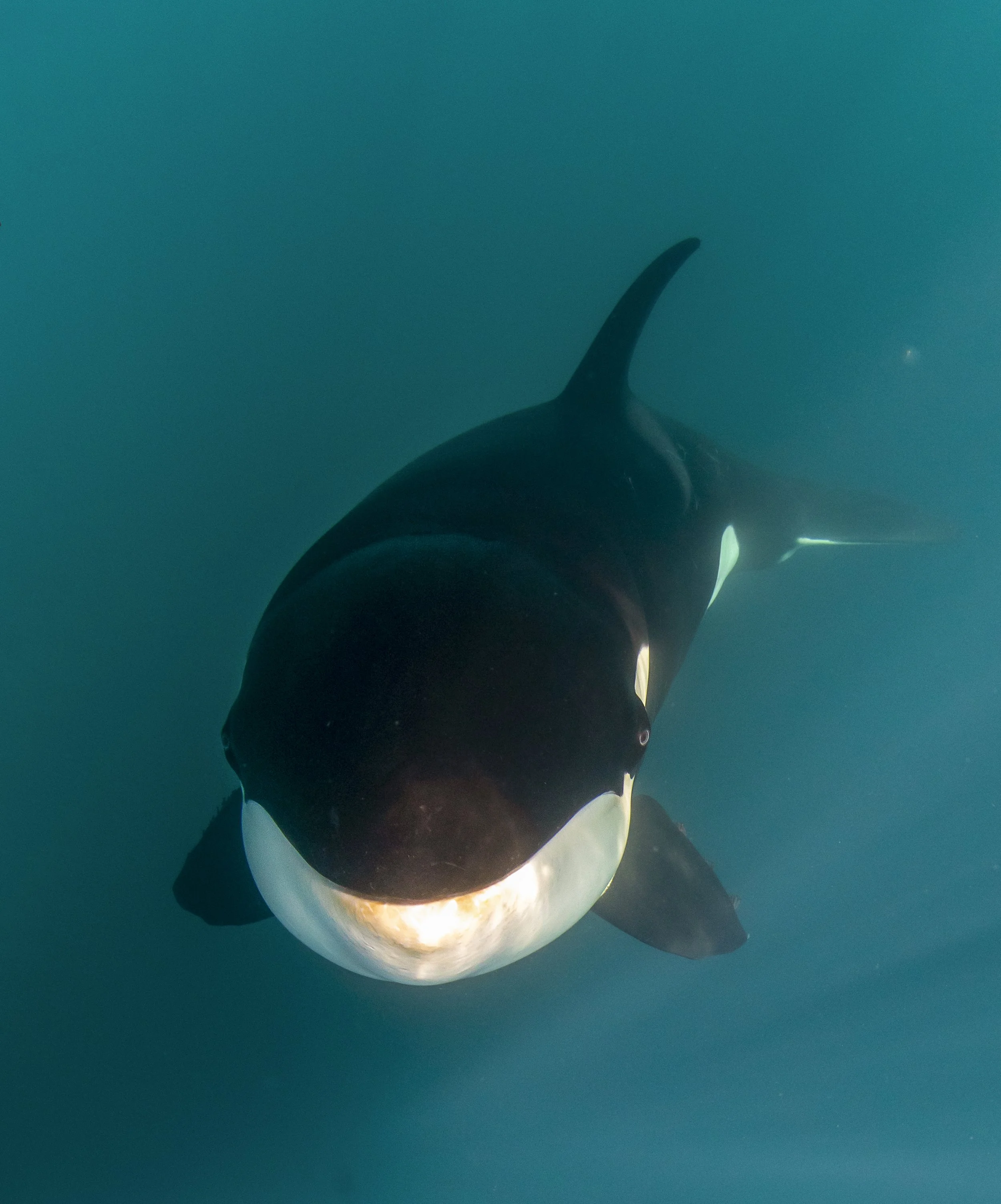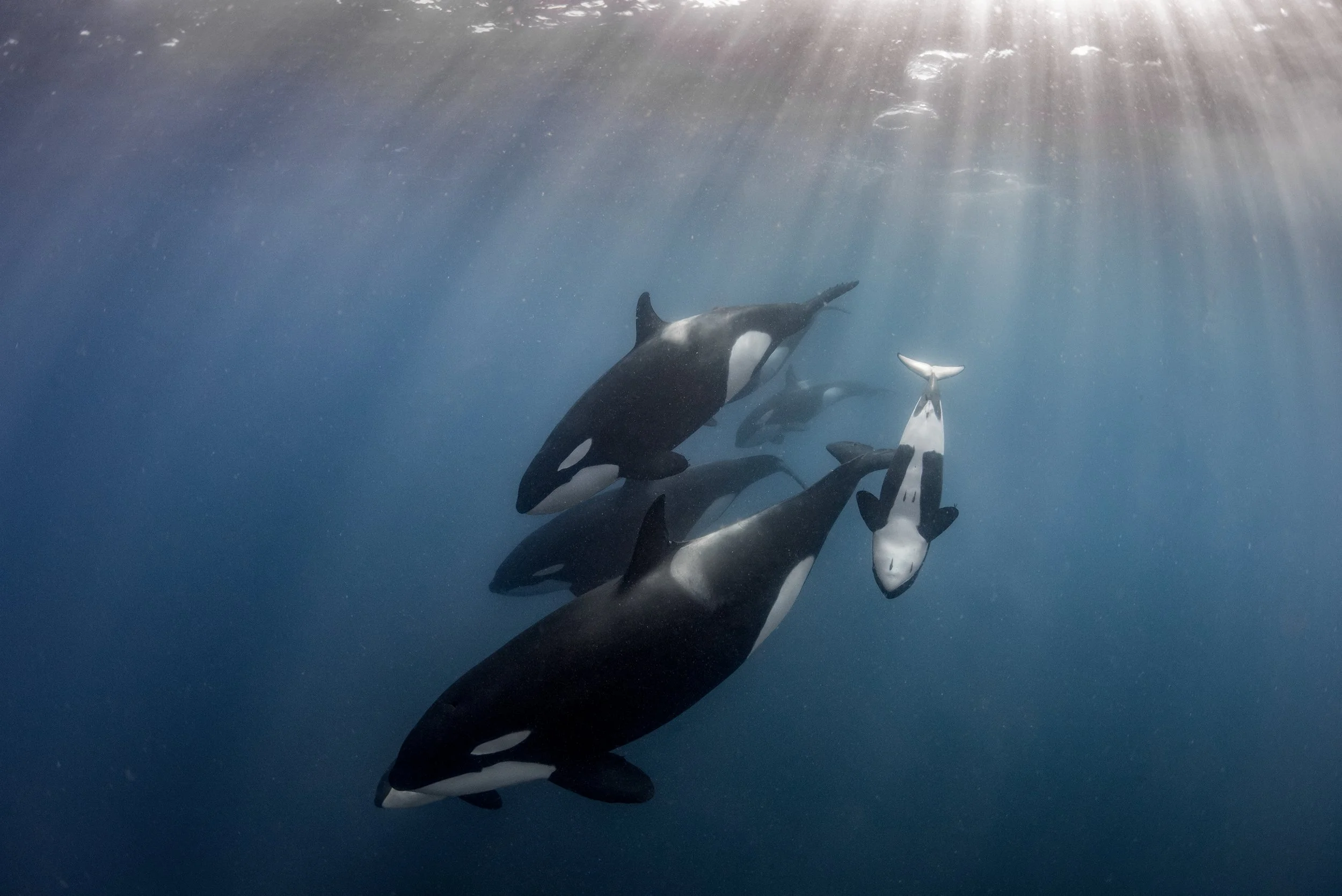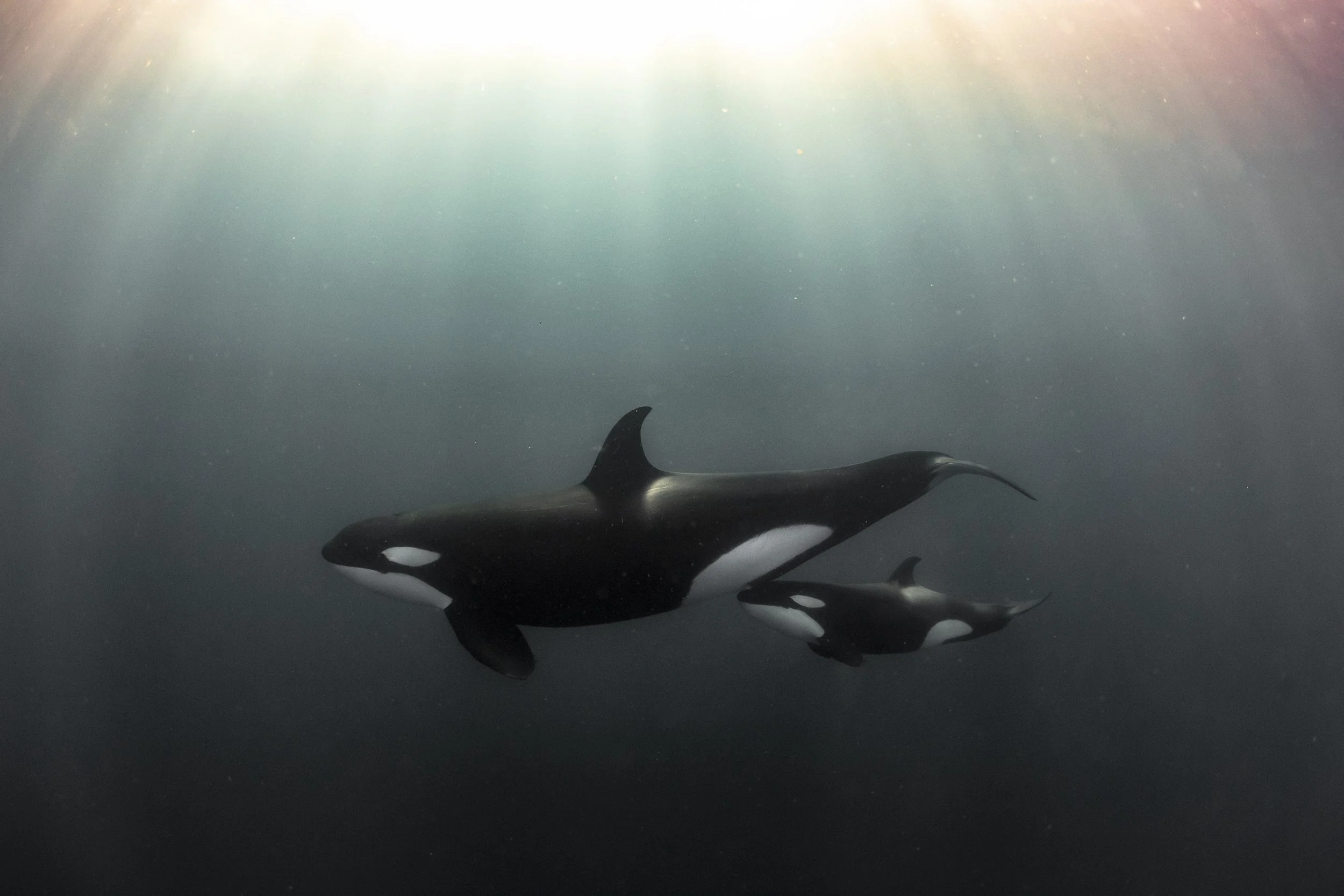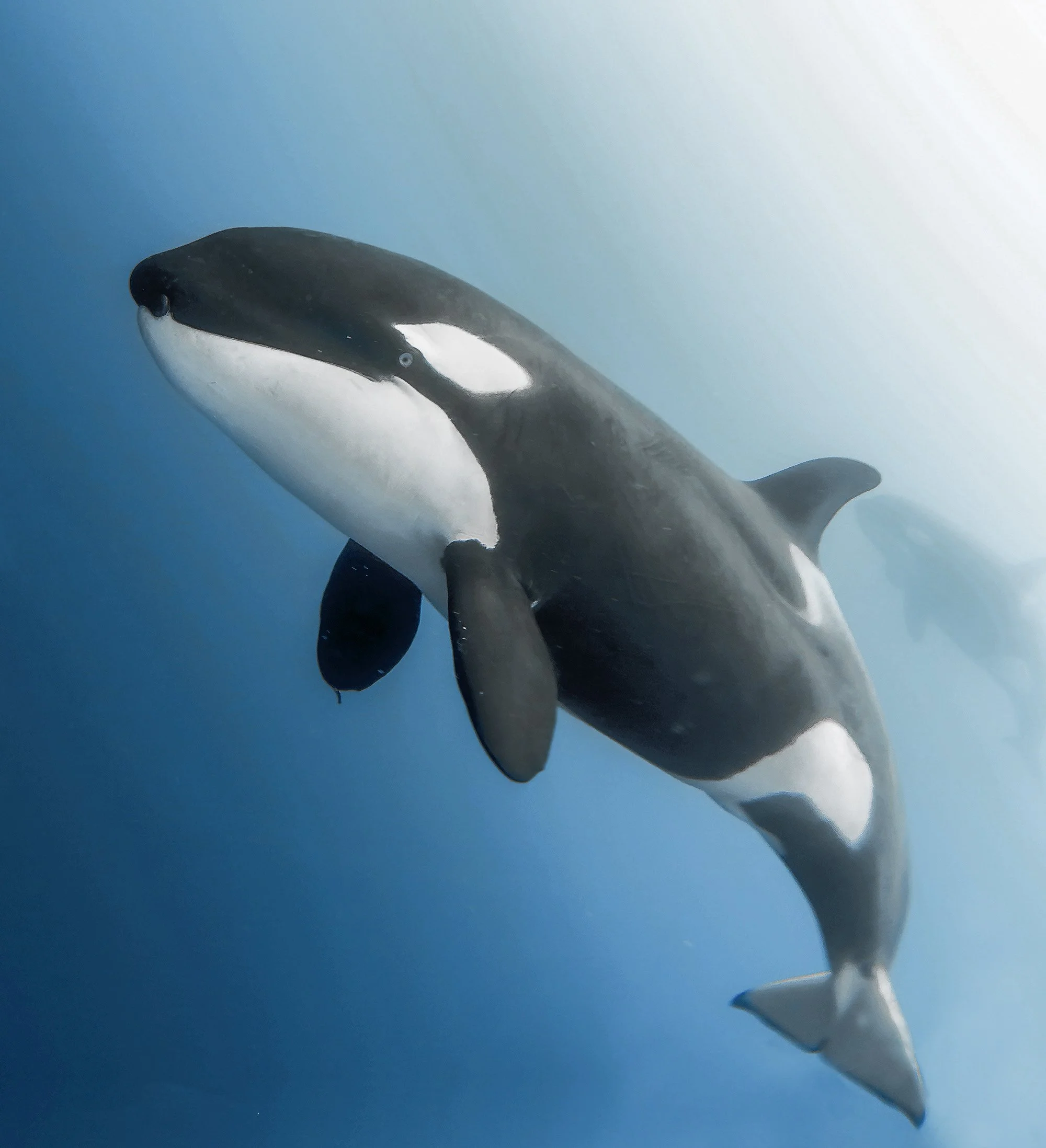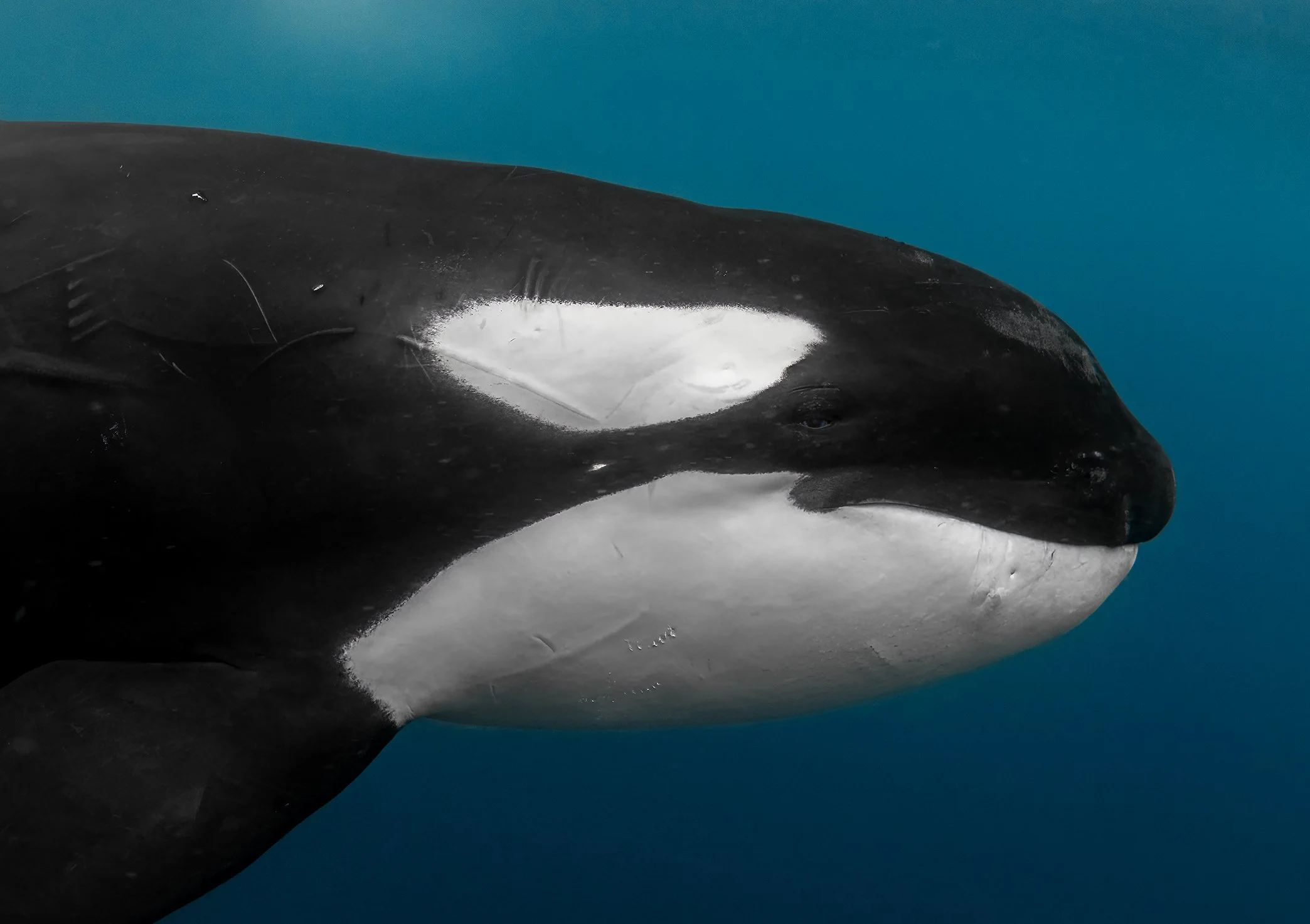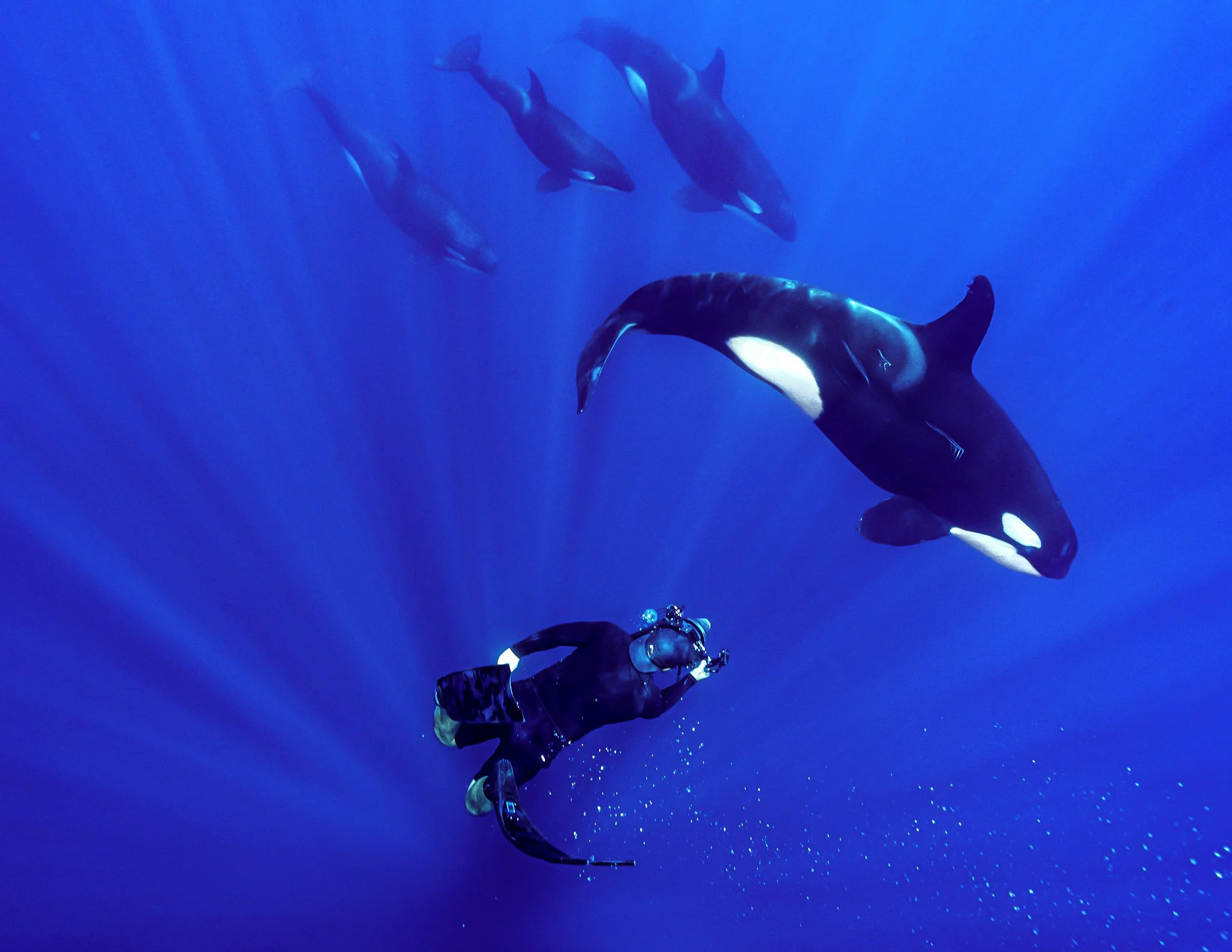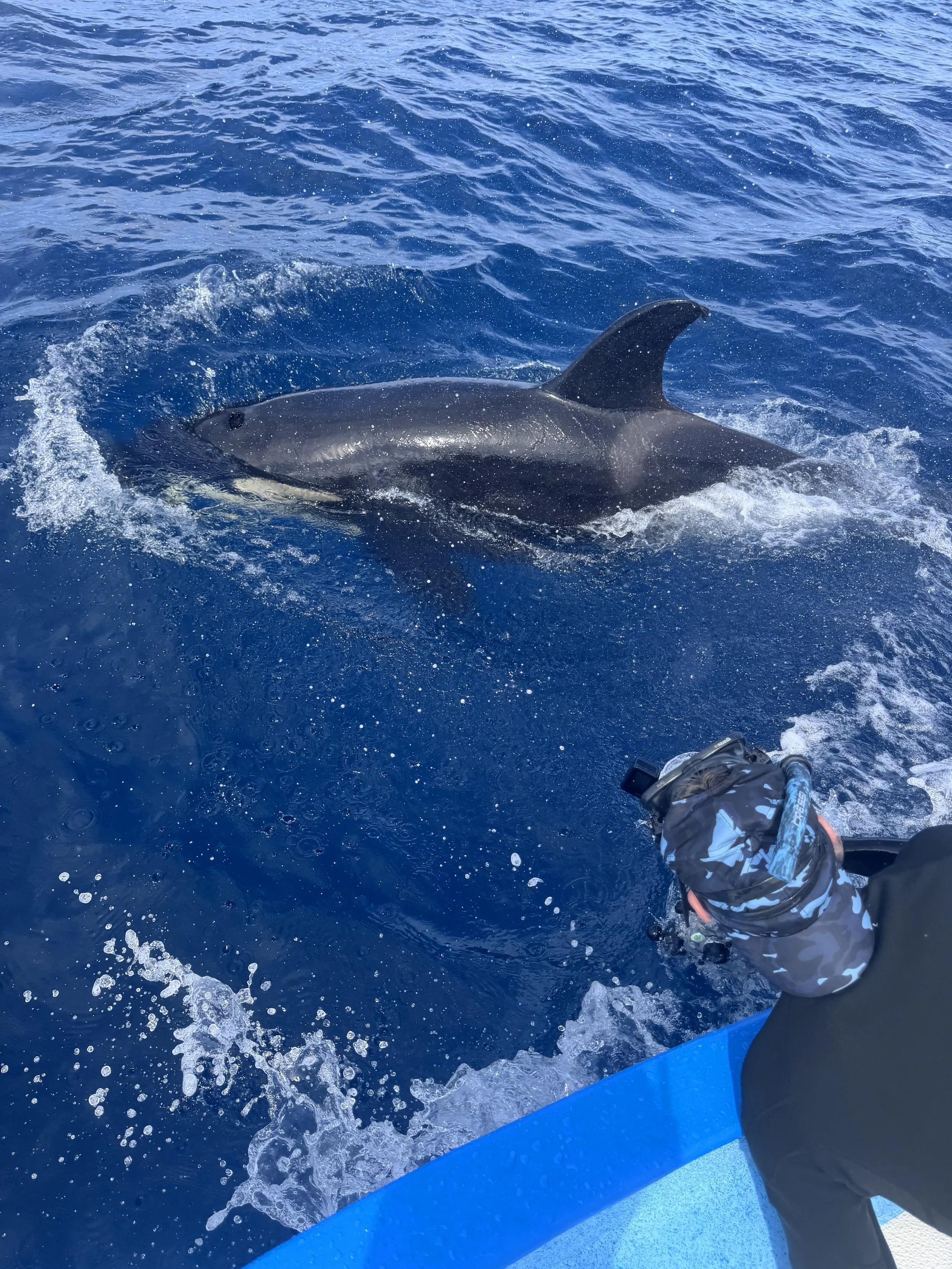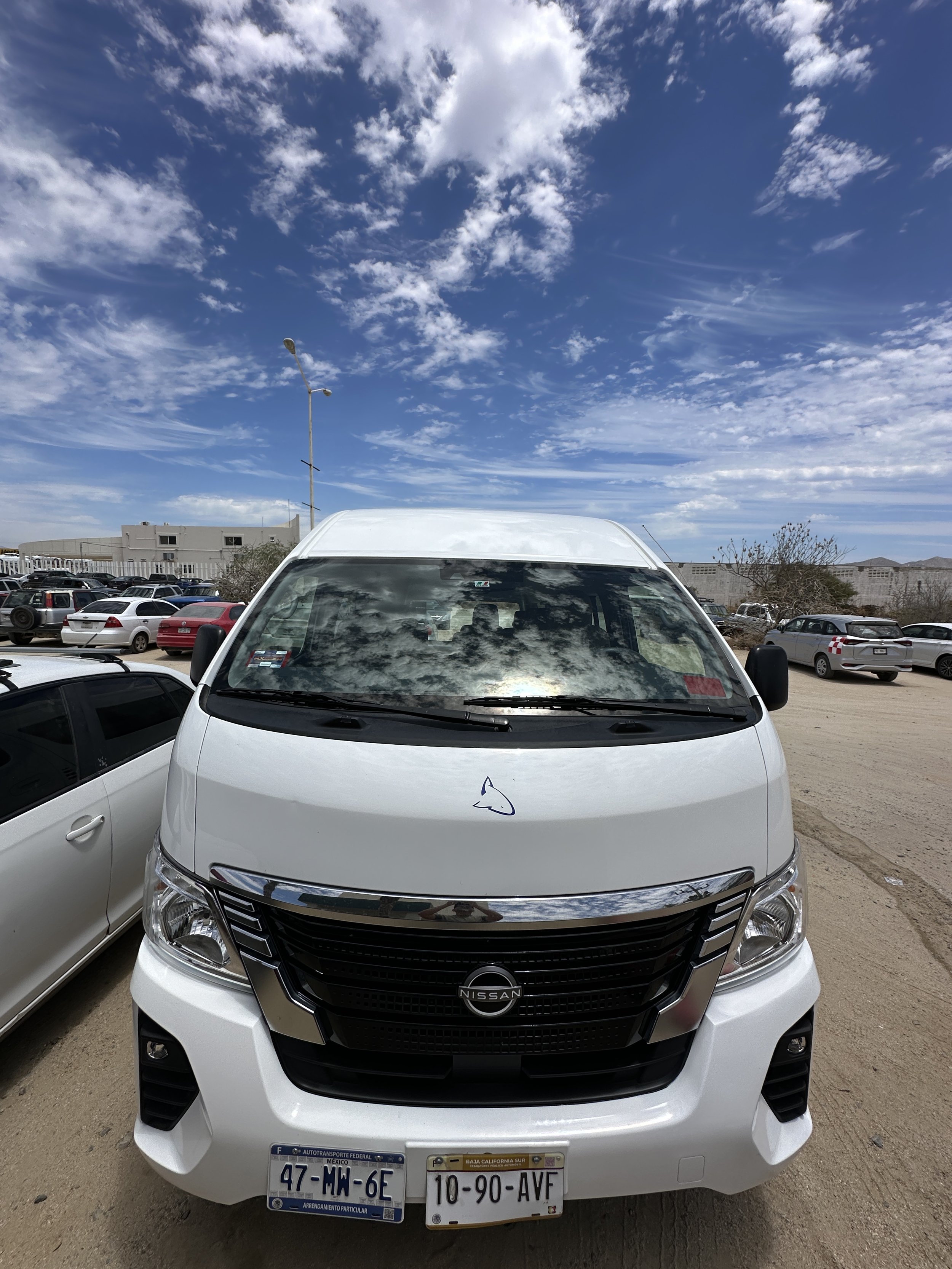So many people fear orcas.
It’s understandable.
Most of what the public knows comes from two extremes: the tragedy of Blackfish, where captive orcas turned violent in unnatural tanks, and, more recently, headlines of wild pods sinking yachts.
These are the stories that reach the masses, stories of danger.
But that’s not the story I know.
I’ve had the privilege of swimming with orcas in Baja, Norway, and New Zealand, spending hours in the water with them, watching, listening, and learning.
I’ve seen them hunt with precision, communicate in ways we barely grasp, and yes, even play.
In New Zealand, I spun underwater like a dolphin, curious how they might react.
The orcas swam around me, studying me, as much as I studied them.
In that moment, I was overwhelmed with emotions, but it wasn’t fear.
It was awe, respect, and reverence for the intelligence of these beings.
Never once have I felt fear in their presence, only humility.
There is just something about orcas that pulls at people.
They embody mystery and majesty in equal measure. They’re emotional, intelligent, and connected to their families in ways that remind us of what we’ve lost as humans.
They are the ocean’s storytellers, and we’re only beginning to understand the language.
If there’s one truth we all seem to agree on, it’s this: Orcas do not belong in aquariums.
They do not belong in concrete tanks, performing tricks for crowds.
They belong in the ocean, where their songs can travel for miles and their pods can live as they were meant to… FREE!
There are still around 70 orcas in captivity today, and every one of them deserves freedom.
Meanwhile, wild orca populations are slowly recovering, thanks to stronger protections and the decline of destructive fishing practices.
With time and continued effort, their numbers will rise again.
And that gives me hope.
Because if there’s any species that deserves to continue its reign as the true master of the ocean, it’s the orca.
I was once asked, “If you could spend your life with only one animal, which would it be?”
Without hesitation, my answer was orcas.
Well, maybe with a little hesitation.
Orcas are addictive in the best way, the kind of presence that changes you. Once you’ve shared the water with them, once you’ve looked into their eyes, you’re never quite the same again.
The reality is, people fear what they don’t understand.
And for generations, we’ve misunderstood orcas, labeling them “killers” while locking them behind glass.
Image by Brad Roaman
That glass made them crazy… as it would any of us.
But when you meet them where they truly belong, in the open ocean, you realize just how wrong we’ve been about orcas.
We have nothing to fear from them.
The only thing we should fear is living in a world without them.

